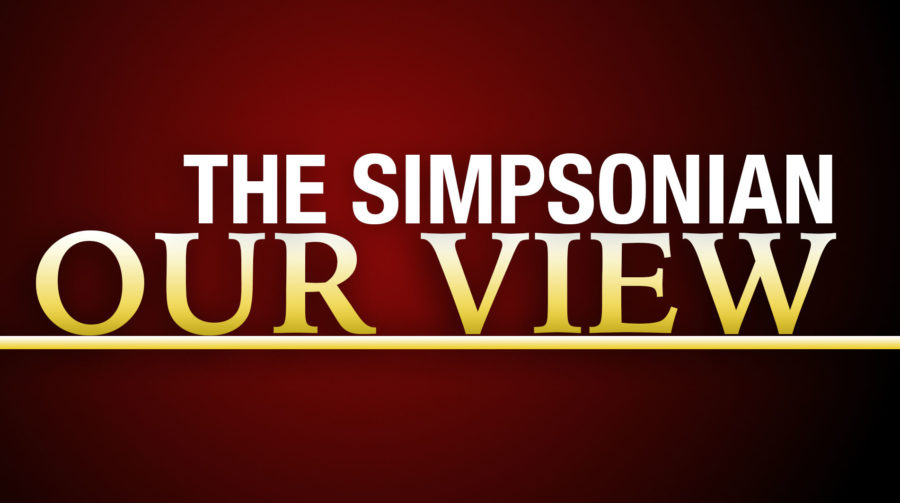Our View: It’s OK to take a break from social media
February 12, 2018
It happens to all of us. We’ll log onto our social media accounts and get lost, sometimes for hours a day, reading posts from friends and family or news stories from media outlets, watching funny videos or looking for the latest memes.
As we finally glance up from our Facebook, Twitter or Instagram feeds or Snapchat stories, we realize our five minute social media break lasted well over an hour and now we’re behind on homework and feel more than a little disoriented.
Sound familiar? I know—I’ve been there, too.
While social media can be a great thing that lets us stay connected to friends and family near and far, and can even be used for organizing clubs, events and study groups, it’s also undoubtedly a major source of distraction—and can even be detrimental to our mental health.
According to a recent study led by San Diego State University psychology professor, Jean Twenge, youth between the ages of 13 to 18 who spend more time on their cell phones or on social media tend to be less happy than those who don’t spend as much time online or on their phones.
Even though they did not find a causal link between social media and depression or other mental health issues, the researchers state in the study, “new media screen time should be understood as an important modern risk factor for depression and suicide.” In other words, excessive social media use can potentially have an enormous impact on our mental health.
Although most college students are older than the demographic in Twenge’s study, many of us still have similar social media habits as people in that age group and are therefore still vulnerable to the negative effects social media can have on our mental well-being.
So what should we do about this?
As was stated earlier, social media has become an almost essential part of our daily lives by letting us communicate and organize quickly and efficiently. It can also act as a form of escape from the daily stress we all feel as college students. The key is being careful how much we use it.
Going forward, I encourage us all to use social media wisely. Remember that real life happens apart from our social media feeds and that the best connections we make are with real people, in person. In short, let’s resolve to make social media a small part of our lives, not our whole lives.





